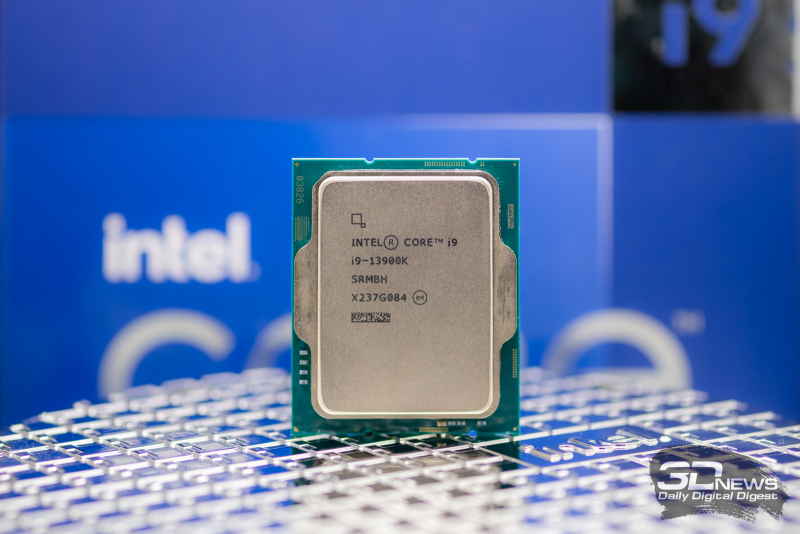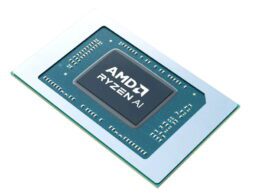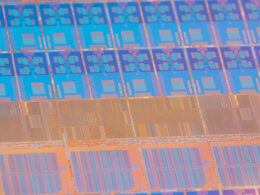Intel has identified the root cause of stability issues with its Raptor Lake processors. Contrary to previous beliefs, the problems do not originate from motherboard settings but are traced back to incorrect microcode algorithm settings of the processors themselves.
As reported by Igor’s LAB, Intel has traced the instability issues to incorrect values in the processor microcode algorithm settings affecting the eTVB (Enhanced Thermal Boost Velocity) function. Stability issues have been detected in Raptor Lake-S (13th Generation Core) and Raptor Lake-S Refresh (14th Generation Core) processors.
“The root of the problem lies in the incorrect value in the microcode algorithm related to eTVB operation. The consequences of increased frequency and corresponding overvoltage combined with high temperature can reduce processor stability. The cause is confirmed by internal testing. Affected platforms are Raptor Lake-S, Raptor Lake Refresh-S (CPUID 0xB0671)”, Intel’s non-disclosure (NDA) documents obtained by Igor’s LAB revealed.
The malfunction of the microcode algorithm only affects Core i9 chips, which support the Thermal Velocity Boost (TVB) technology. This advanced feature is designed to enhance processor performance beyond standard auto-overclocking (Turbo Boost) technology. However, this algorithm appears to be functioning incorrectly leading to stability issues in Core i9 processors.
“The analysis of [Core K] 13th and 14th generation processor operation issues pointed to a change in the minimum operating voltage on the affected chips as a result of a cumulative overvoltage on the cores. Intel’s analysis has shown that a confirmed contributing factor to this problem is increased input voltage to the processor due to previous BIOS settings, allowing the processor to operate at turbo frequencies and voltages, even at high temperature values. Previous generations of Intel K processors were less sensitive to such settings due to lower default operating voltage and frequency. Intel asks all motherboard manufacturers to upgrade BIOS to microcode version 0x125 or newer by July 19, 2024. This microcode contains a fix for the eTVB function, which allows the processor to operate at higher performance even in conditions of high operating temperatures, exceeding the threshold value set by eTVB”, the Intel document states.
It remains unclear why Intel has not made a public statement on this issue. However, given the leak to Igor’s LAB, it’s likely the company will address it soon.




